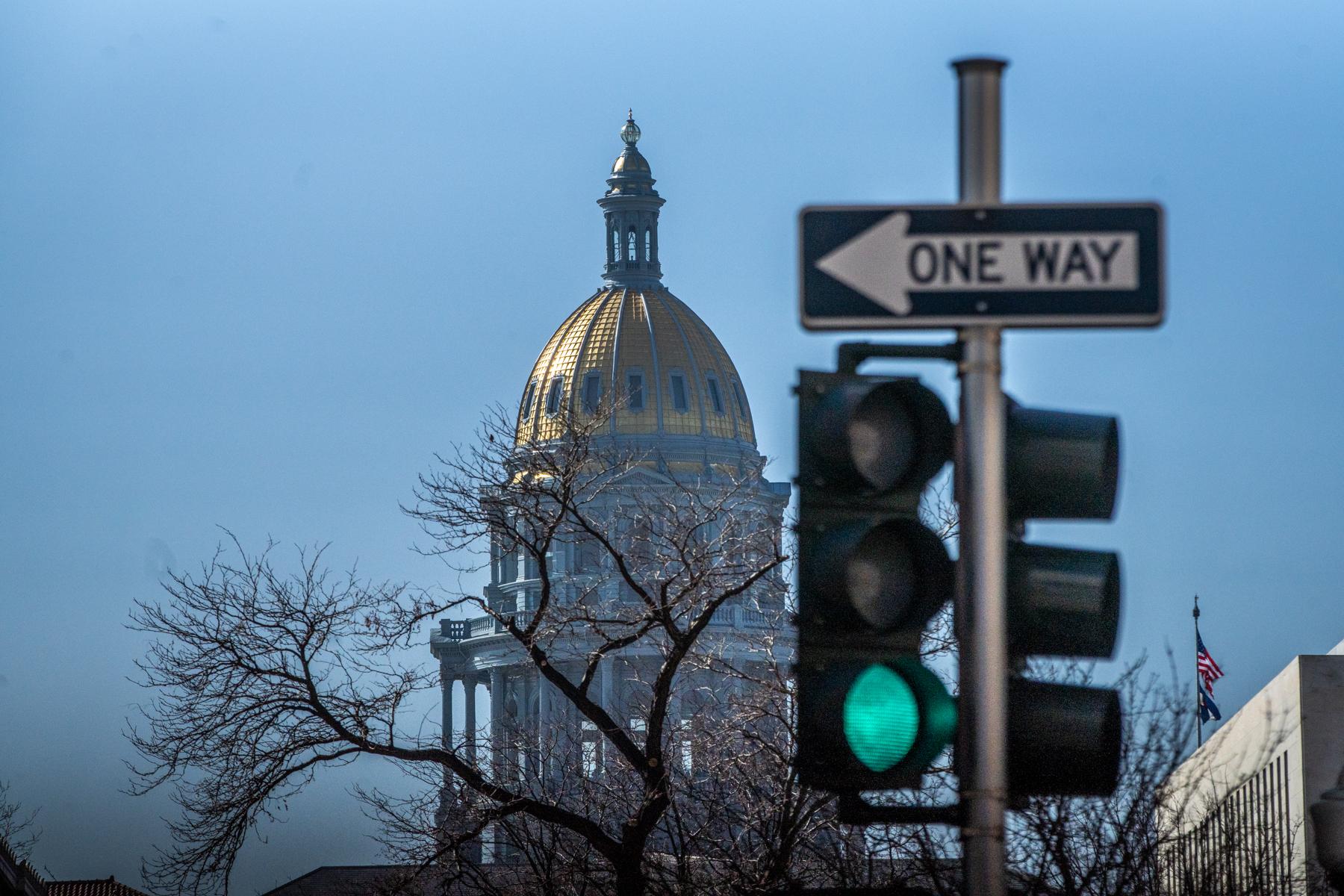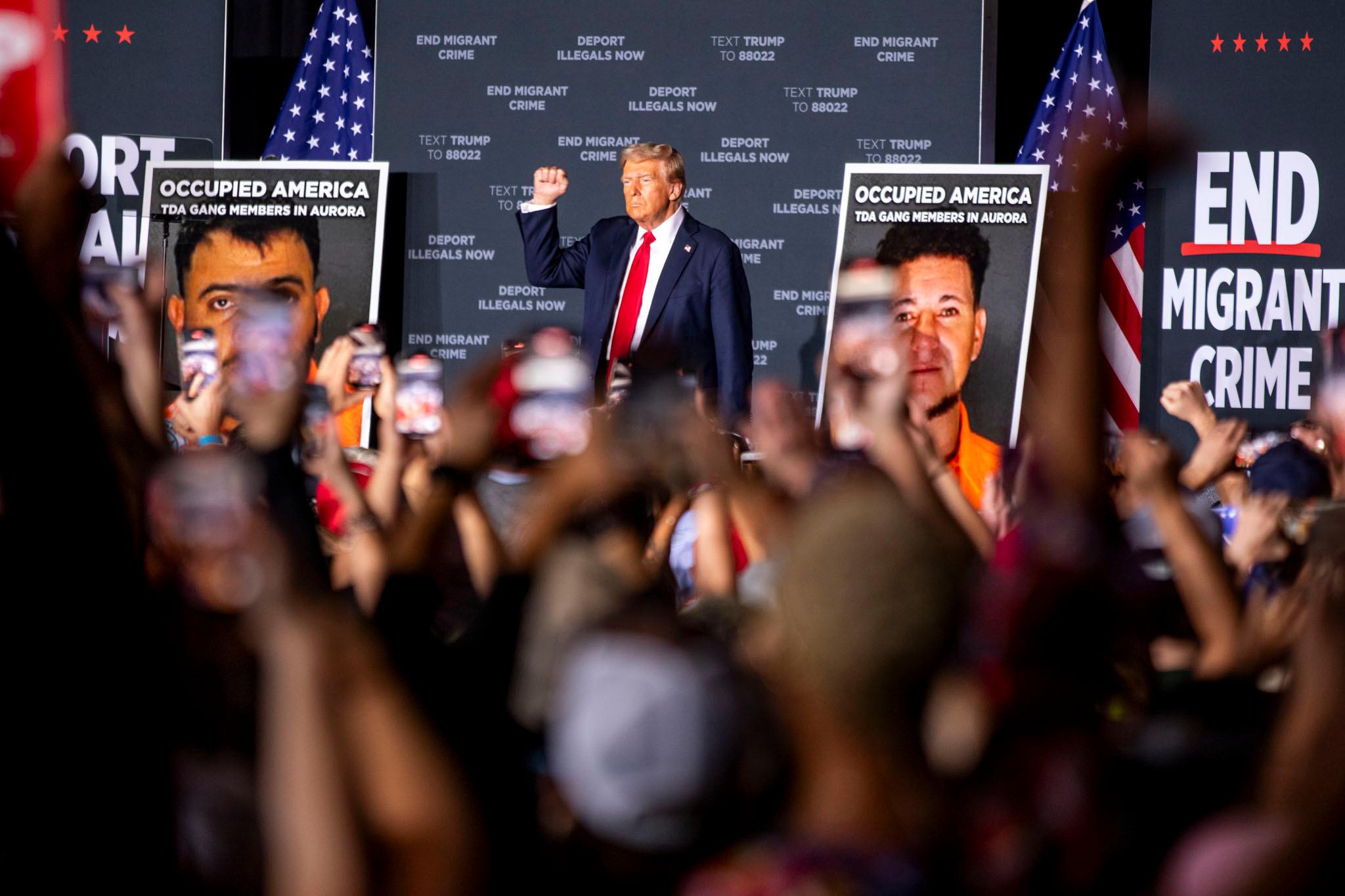
Democratic state Sen. Chris Hansen said it’s looking highly likely that lawmakers will be back at the statehouse later this month for a special session on property taxes.
Policymakers are hoping to implement enough tax cuts to head off two ballot measures that would substantially reduce property tax rates and cap overall property tax revenues statewide.
“I think there's a lot of desire to see if we can find a compromise legislatively to get these off of the ballot,” said Hansen. The Denver lawmaker chairs the legislature’s Property Tax Commission and, should lawmakers return to the capitol, he said he’ll be the main sponsor of any deal they consider.
The window for lawmakers to act is extremely tight; the last day to withdraw an initiative is Sep. 6. Hansen said he expects any special session would be after next week’s Democratic National Convention and take the minimum three days.
It’s unclear whether Gov. Jared Polis would use his power to call lawmakers back to work, or if the legislature would take that step itself, something it can do at the request of two-thirds of the members of each chamber.
Hansen said he’s been working with other lawmakers and key stakeholders over the last several weeks to see if they can get to a good deal. Hansen said the major sticking point at this stage is making sure any agreement can hold for the long-term.
“Meaning if we strike a compromise in the near term, does that mean that the groups involved with [Initiatives] 50 and 108 and their allies are not going to just bring us back to this spot year after year after year, which historically they have done,” Hansen explained.
On Monday mayors from Denver, Aurora and Colorado Springs sent a letter to lawmakers asking for a special session. They said the two initiatives would have unintended consequences statewide, and would “de-fund K-12 schools, deplete public safety resources and demand crippling cuts to local fire districts and special districts.” The mayors wrote, “we can not overstate the negative impact the passage of these initiatives would have.”
The two initiatives are backed by the business group Colorado Concern and Advance Colorado, a conservative interest group. They argue the sharp run up in property values during and after the pandemic shows why Colorado needs to make drastic changes to its tax policy to protect property owners. A document obtained by CPR News indicated the groups are prepared to spend around $8 million making their case to voters.
“Our end goal has always been to cut and cap property taxes — and to ensure a spike like the one we just saw never happens again. The legislature still has a narrow window to act. But if they don’t, we are full steam ahead with both of our measures,” Advance Colorado’s Michael Fields wrote in a text to CPR when talk of a special session first became public.
All of these negotiations come on the heels of a bipartisan deal lawmakers passed at the end of the legislative session to permanently cut property taxes. While that bill had strong support from both parties, Advance Colorado and Colorado Concern rejected it as not going far enough.
“What we're contemplating now is very small changes to the Senate Bill 233 framework,” said Hansen. “So that tells you that the proponents of 50 and 108 clearly don't think they're in a strong position because they're willing to accept very minor changes to pull those ballot initiatives down.”
But even though Democrats control both chambers of the legislature, bringing lawmakers back to the capitol to pass a new bill can be challenging. Some Democrats have said they don’t want to negotiate with conservative groups to pass lower taxes and would instead prefer to work on defeating the proposals at the ballot box in November.
Special legislative sessions are unpredictable in general. Under the rules, lawmakers must stay focused on the special session’s stated purpose but they have the power to introduce any bills related to the topic. That means there could be a lot of potential tax proposals up for discussion. It will also mean the legislature’s many outgoing lawmakers, leaving either because term limits, lost primaries or of their own choice, will have one last chance to make their final mark.
- Why Gov. Jared Polis might call a special session on property taxes — for the second time in a year
- Deal, and no deal: Why one of the legislature’s biggest bills likely won’t prevent a ballot battle
- Big business and politicians are playing a game of chicken over property taxes
- Top Democrats, Republicans join together on 11th-hour property tax deal









